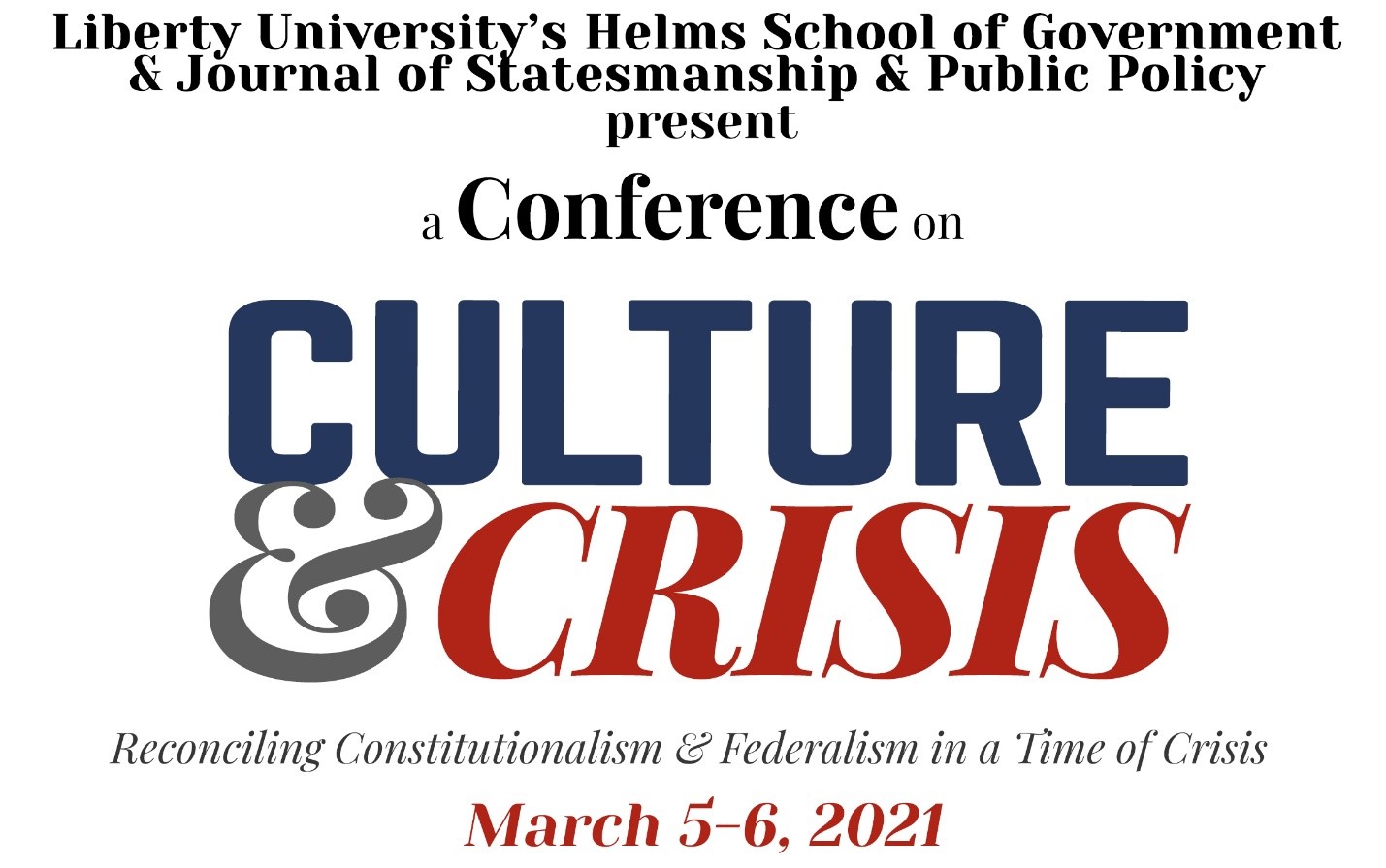Level of Education
Undergraduate
Keywords
The City of God, history, human nature
Abstract
Social issues today stand at the forefront of civil discourse, global injustice abounds, and the average citizen seems to be more invested in molding a better future than ever before. In the 2020 presidential election, nearly two-thirds of America voted, a percentage that has not been reached since 1900.[1] In recent years, social media has become a primary avenue for rallying support and spreading ideas that range from domestic policy to new notions of justice. Yet, where passionate debate has erupted, levels of polarization and division have risen as well. Where one finds genuine concern for the state of American culture and its current trajectory, one must also wade through a plethora of proposed solutions and grapple with the gridlock that comes with navigating between them. There is a better way forward than this cultural moment’s trek towards a new, vague semblance of justice that struggles to unite a nation divided on what its foundational values ought to be.[2]
Included in
Cultural History Commons, Intellectual History Commons, Political History Commons, Political Science Commons
Nothing New Under the Sun: Augustine and Cicero’s Visions of How Human Nature Relates to Justice, Virtue, Biblical Wisdom, and the State
Social issues today stand at the forefront of civil discourse, global injustice abounds, and the average citizen seems to be more invested in molding a better future than ever before. In the 2020 presidential election, nearly two-thirds of America voted, a percentage that has not been reached since 1900.[1] In recent years, social media has become a primary avenue for rallying support and spreading ideas that range from domestic policy to new notions of justice. Yet, where passionate debate has erupted, levels of polarization and division have risen as well. Where one finds genuine concern for the state of American culture and its current trajectory, one must also wade through a plethora of proposed solutions and grapple with the gridlock that comes with navigating between them. There is a better way forward than this cultural moment’s trek towards a new, vague semblance of justice that struggles to unite a nation divided on what its foundational values ought to be.[2]



